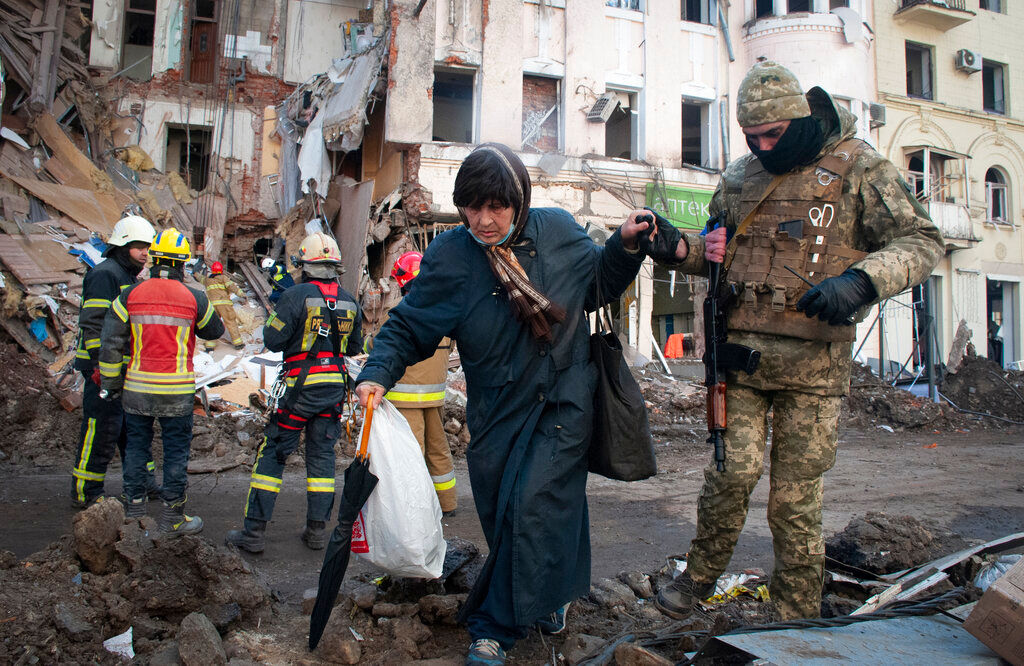A Chinese vlogger has waded into controversy by posting videos of war-torn Ukraine.
Wang Jixian, a 36-year-old Chinese man in Odesa, has become the voice of the nation’s resistance while simply wanting to show his parents that he’s fine, CNN reported.
In a video posted on Douyin, China’s version of TikTok, Jixian says “I’m coming back from buying groceries”, on the first day of the invasion. The programmer from Beijing remarked how stores were still open. However, as the invasion wore on, Jixian’s videos took on a darker note as well.
Also Read | Russia’s main ways for attacking Kyiv blocked, says Ukraine
Upon logging into the app, he saw Chinese people praising Russian actions in Ukraine. This irked the programmer who told CNN “I was very angry, then I thought I would record videos for them, and I’ll tell them what the real battlefield is”.
However, Jixian’s videos started gaining traction on social media as a voice from China that isn’t spreading Russian disinformation, like Ukraine using Nazi tactics. In one video, the man holds up his Chinese passport and says “These Ukrainian guards are not Nazis, they are IT programmers, common people, barbers — these are the people”, CNN reported.
Despite being an eye-opener, his posts haven’t gone down well on the social media platforms where there is a large outpouring of pro-Russian sentiment from China. One critic on Douyin took a swipe at the Chinese programmer in Odesa, saying “You don’t need this Chinese passport anymore, you have already forgotten which country you are from”, and added, “The official position of the country should be the position of all Chinese people”.
Also Read | ‘Peace, security most cherished’ Xi tells Biden on Russia-Ukraine war
Notably, China has thus far taken a neutral stance in the Russia-Ukraine conflict and refused to label Russia’s actions in the neighbouring country as an invasion. However, China faces global pressure to condemn Russia. The two countries share a strong tie, which became even more evident during the Beijing Olympics, and Reuters reported that China mostly relies on Russia for its gas and oil needs.







